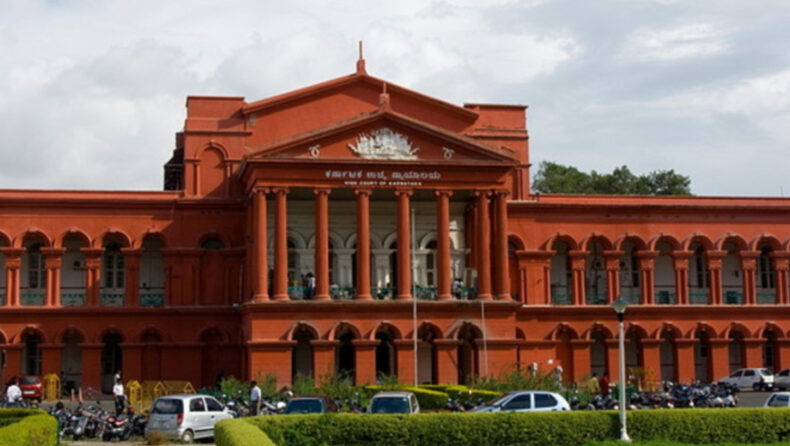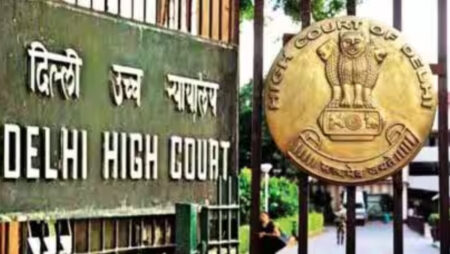On Friday, the Karnataka High Court dismissed a petition by observing that it is time to stop the corruption problem in its tracks by making bribe-givers just as liable for prosecution as brib-takers. This petition was clubbed with another petition which was filed by the co-accused for quashing the FIR and information record. The matter was listed before a single-judge bench presided over by Justice M Nagaprasanna.
The owners and their two employees, Kailash Raj, Chetan Marlecha and Vinay Raj were charged under the offence of sections 7, 8, 9 and 10 of the Prevention of Corruption Act, 1988. The charges were brought after a complaint was filed by the representative of M/s Chemical Corporation before the Lokayukta. The allegation in the crime is that Accused No. 1 demanded ’81/- lakhs for a seamless payment of bills following a tender for the supply of oil. As a result, the bid is for the provision of material, and it includes the guarantee that the bills will be paid following the supply of the item.
Facts of the Case –
These petitions are, brought by the owners of the M/s Karnataka Aromas Company, questioning the registration of crime under the Prevention of Corruption Act, 1988. The case is pending before the XXIII Additional City Civil and Sessions Judge and Special Court under the Prevention of Corruption Act, Bengaluru.
The fact of the case provides that the Karnataka Soap and Detergents Limited, a government-owned company notified a tender for Chemical oil supply in 2024. This tender was filed by two companies – M/s Chemical Corporation and M/s Delicia Chemicals. The son of the chairman entered into negotiations with these companies.
The complainant alleges that the son of the chairman called the complainant and asked for a bribe for the clearance of bills in future. The bribe was agreed to be received on two different dates. On one of the dates, the police conducted a raid and took the accused into custody and arrayed them in a criminal case.
Judgment –
The court observed that investigation into the two accused, who were found clutching two bags of cash, each containing 45 lakhs, as they were waiting to see Accused No. 1 in his office. They were office bearers for the Karnataka Aromas Company. The reason they were waiting to see defendant No. 1, an employee of the government, in his office while carrying bags with cash totalling 45 lakhs apiece, will be the subject of an investigation. There is no satisfactory explanation in that regard.
The bench further observed that the offence committed against M/s Karnataka Aromas Company’s office holders is satisfied. The subject of Section 10 is whether the person in control of a commercial organisation is guilty of a crime. According to the section, if a commercial organisation violates Section 9 of the law, the person or people in control are also responsible for the violation. These individuals are in command of the Company and are shown in the illustration as Accused No. 5. Therefore, the elements of Sections 8, 9, and 10 are presumptively satisfied in the current situation.
If the story of the petitioner is accepted, it would be tantamount to watching a screenplay of a potboiler unfold. The law can not allow corruption to prevail. Corruption has become a grave danger to our constitutional administration.













